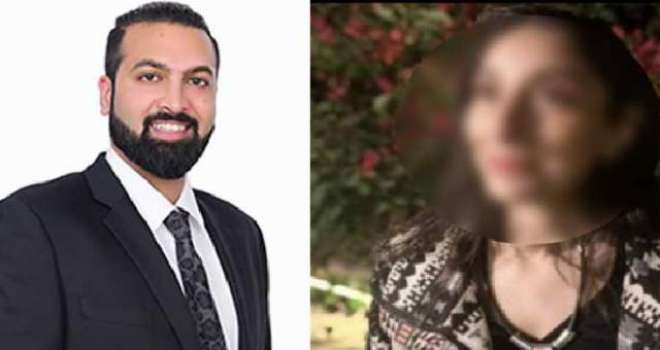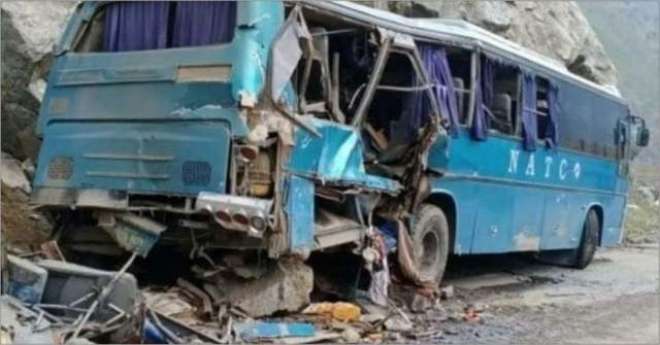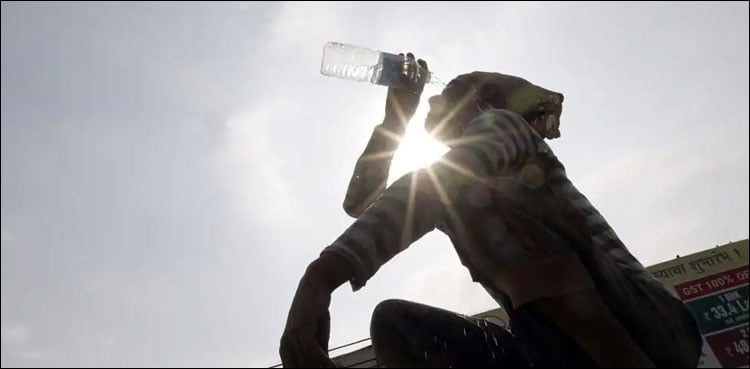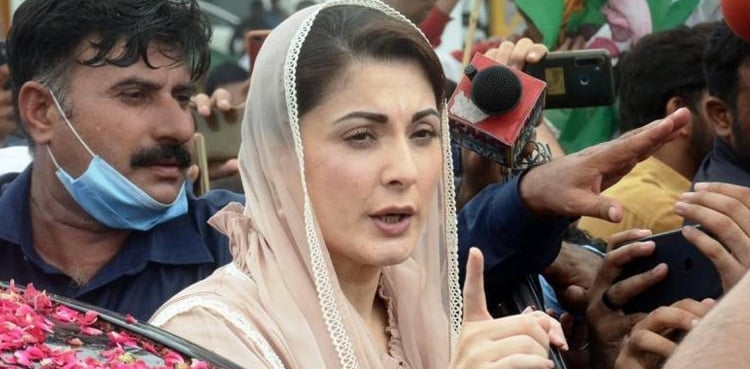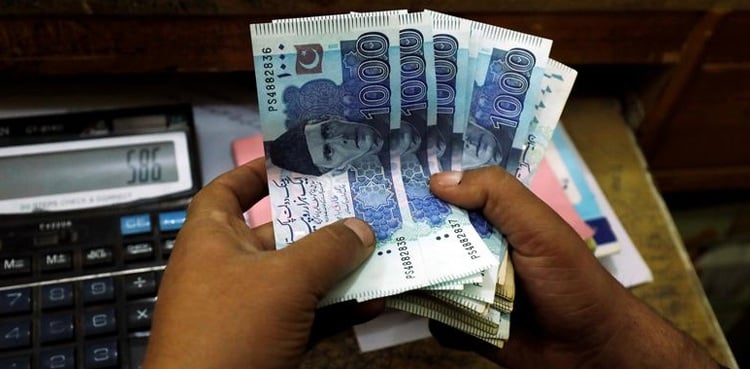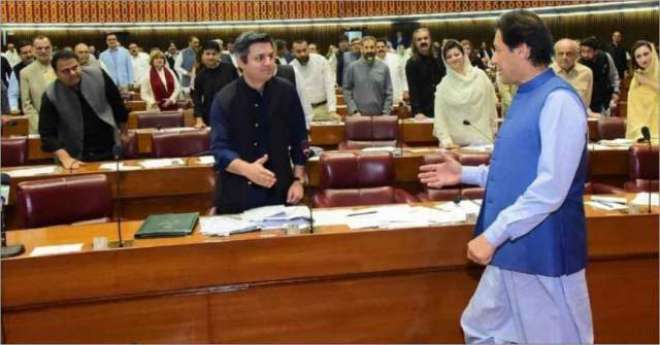Rao Anwar sent on judicial remand until May 2 in Naqeebullah killing case
- April 21, 2018, 5:41 pm
- Breaking News
- 292 Views
An Anti-Terrorism Court (ATC) in Karachi sent former senior superintendent of police Rao Anwar to prison on juidical remand on Saturday until May 2 in a case pertaining to the extrajudicial killing of Naqeebullah Mehsud.
The former SSP, 11 of his detained subordinates and 14 absconders are accused of abducting Naseemullah, aka Naqeebullah Mehsud, for ransom and later killing him, along with three other detainees, in a staged encounter in Malir on January 13.
The accused cops had initially dubbed the murder an 'encounter' against militants.
Anwar, along with other suspects, has also been booked for planting false evidence — pistols and hand grenades — on Mehsud and three others after killing them in the shootout, and later registering a false case against the deceased under the Sindh Arms Act for illegal possession of arms and explosives.
See: Rao Anwar held responsible for Naqeeb’s killing
On Saturday, a visibly calm Anwar was escorted by the police to the ATC in an armoured personnel carrier. He refused to answer reporters' questions, saying the challan of the case has yet to be submitted in court.
The investigating officer of the case requested the court to send Anwar on judicial remand, and sought a week's time to submit a final challan for the case.
He informed the court that a new joint investigation team (JIT) has been formed to investigate Anwar over the killing and the challan will be submitted as per the JIT's recommendation.
The counsel representing Anwar, Amir Mansoob, opposed the plea for remand, contending that until the cases registered against Mehsud and the other deceased are declared false and withdrawn, a case could not be registered against the former SSP.
After hearing all arguments, the administrative judge of the ATC sent Anwar and another suspect, Shakeel, to jail on judicial remand till May 2. Meanwhile, the judicial remand of ten other suspects, including DSP Qamar Ahmed Shaikh was extended until an unspecified date.
Meanwhile, it emerged on Friday that the JIT formed on the Supreme Court's directives had held Anwar and three others responsible for the killing of Mehsud in a fake encounter.
“The JIT found Rao Anwar guilty of killing an innocent person, Naqeebullah Mehsud, in a fake encounter,†a JIT member who wished not to be named told Dawn.
It may be recalled that 11 police officials had already been arrested in the case before Anwar was taken into custody following his 'surrender' before the SC in Islamabad on March 21. Around 15 accused police officers have been declared as absconders in the case.
According to the IO’s report submitted before an ATC, policemen in plainclothes had picked Naqeebullah Mehsud, along with two other persons, and took them to the Sachal police post where the two others were separated from Mehsud.
When one of the witnesses asked the policemen about their abduction, a policeman replied that they were being taken to see Rao Anwar and then they (captives) would "make their way to heaven".
The two witnesses — who were eventually released by the police — told investigators that they were later taken to an unknown location where they also saw Mehsud. When one of them spoke to Mehsud, the latter said that police were demanding Rs1 million against his release, but he could not arrange even Rs50,000.
The report further stated that the witnesses, after being released, came to know through the media that Rao Anwar and his associates had allegedly killed Mehsud and three others in a staged encounter in the Shah Latif Town area on Jan 13 and dubbed them as militants.
Mehsud's father lodged a case on Jan 23 against Rao Anwar and others on the basis of the findings of a three-member inquiry committee, which had said that, prima facie, the encounter was coordinated, fake and staged. Police investigators claimed that Anwar played a central role in the case.
The SC later took notice of the killing after the incident sparked outrage on social media and protests by political and religious parties and rights organisations.

